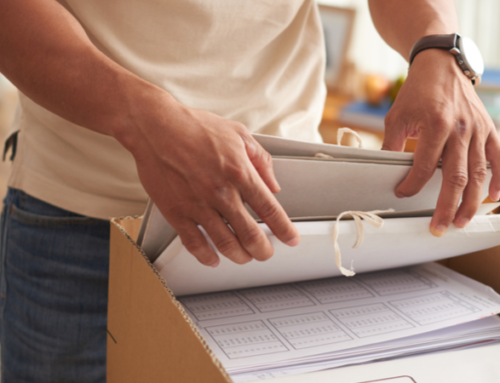Christmas is in the air, which means Christmas bills can’t be far behind.
When companies need to prop up their earnings, one of the first things they look at is pumping up fees. And, raising late fees is an easy way to raise cash. Unfortunately, that cash is coming out of your pocket, and if you’re not careful, you could wind up paying hundreds of extra dollars needlessly this holiday season.
Companies don’t care that it’s Christmas – scrooge lives, and even if you’re only one day late paying your bills, you’ll find yourself socked with all sorts of fees. And you don’t have to be that late for the fee to kick in. These days, grace periods seem to fall into that quaint kinder, gentler era we’ve heard so much about, in other words, they don’t exist.
Even if you’re late paying your bills by one day, you can get smacked with a huge late fee. And that’s on top of the interest you’ll pay. If you’re late paying your credit card bill, your late fee could be $25 to $50. Pay your cell phone bill late, and you’re looking at a $30 to $50 late fee – which could be more than your cell phone bill altogether. Do you have your drinking water delivered to your house? Pay that bill late and it might cost you $15 to $25. And, if you’re late with your mortgage payment, it could cost you $50 to $75.
Then, the bad news gets even worse. What most folks don’t understand about late fees is that when you finally make your payment, the creditor pays itself the late fee and interest first, and then applies the rest to whatever you originally owed. So if you don’t pay enough to cover the payment and the interest and late fee, your credit history will show you’re late on a payment – and getting later. And that means your credit history and credit score will suffer.
Not only that, your fees can start to pyramid. Every month that you don’t pay that bill, you can have a secondary late fee or even interest added on top of interest. With credit card bills, you might pay interest on everything you bought over the last month or two. Now, you’re paying late fees because you’re late with you’re late fee!
The only way to beat the system is to pay your bills on time. Don’t depend on the postal service – snail mail is slow anyway and getting slower this time of year. Talk to your bank about e-pay, that is, electronic checks, which will save you postage and might even be free. Try to have your regular monthly bills automatically withdrawn from your checking account and use an electronic transfer of cash where possible. If you’re already in the habit of paying off your credit card each month, you could put a lot of your regular charges, like the phone bill, on your credit card. And remember – pay everything early. Don’t wait until the last day before that late fee kicks in.
Late fees make everyone mad – except the companies that collect them. Here are some tips for paying as few late fees as possible:
-
Check out the fine print. The companies you do business with (like credit card companies, phone companies, and cable companies) will have spelled out their late fee policy in tiny print somewhere in junk that’s mailed out to you each month. Can’t find it? Go to their website to see what the late fees are and how they get triggered. Is there a grace period? Those are, by and large, disappearing.
-
Pay first, argue later. You always want to pay your bills on time. And, don’t withhold the late fee even if you’re disputing it. That won’t solve anything and you could wind up with additional late fees added onto your bill because you didn’t pay the first late fee.
-
Streamline your bill-paying. Use e-pay from your bank to send out checks on a regular basis. Pay your credit card bills online. They can auto-debit your checking account the same day the bill is due – as long as you make the payment in the morning. Eliminate all but two credit cards, including store department cards. If you pay for everything with the same credit card, you’re less likely to forget about a bill and pay it late.
Copyright 2004, WGN-TV






Leave A Comment